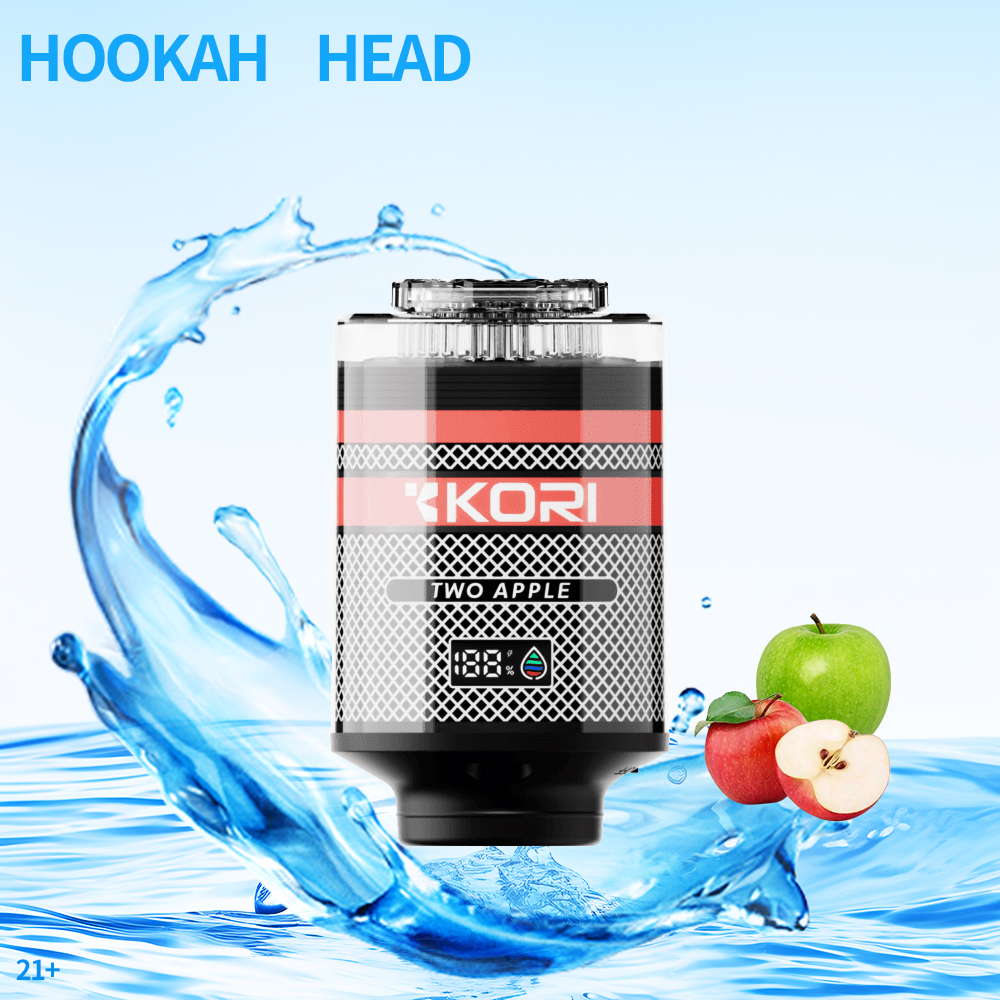The Impact of Vape Shop Raids: Understanding Legal Implications and Industry Changes
In recent years, the vape industry has seen a significant shift in regulations, often accompanied by fears, controversy, and public health debates. As more cities and states legislate vaping products, occasional law enforcement operations target vape shops that allegedly violate these regulations. This blog explores the implications of vape shop raids, offering an in-depth understanding of their repercussions on the industry, consumers, and legal frameworks.
The Rise of Vaping: A Brief Overview
Vaping emerged as a popular alternative to smoking traditional cigarettes, touted for its ability to deliver nicotine without many harmful byproducts. Consumers, educators, and health professionals praised vaping's potential benefits, resulting in rapid growth for vape shops across the globe. However, this surge was met with increasing scrutiny from health organizations and regulatory bodies concerned about youth access to these products and their long-term health effects.
What Triggers a Vape Shop Raid?
Authorities may initiate a raid due to several reasons, primarily related to compliance with local laws governing the sale of vaping products:
- Sales to Minors: One of the most serious infractions is the sale of vaping products to individuals under the legal age threshold. In many jurisdictions, the legal age is 21, and shops found in violation face severe penalties.
- Unapproved Flavors and Products: Cities and states have begun banning certain flavors that appeal to younger audiences, such as candy, fruit, and dessert flavors. Shops that continue to stock these items may be targeted for raids.
- Illegal Product Imports: Vape shops must comply with federal import regulations. Shops that import unapproved products, including counterfeit or substandard goods, can find themselves in legal trouble.
- Tax Evasion: Failure to collect or pay state taxes on vaping products can trigger investigations and raids by tax enforcement agencies.
The Legal Ramifications of Raids
The implications of a vape shop raid extend beyond immediate law enforcement actions. Following a raid, shop owners can face hefty fines, legal battles, or even business closures. In some cases, owners may choose to contest the actions through legal channels, leading to lengthy court cases that tie up resources and impact the establishment's reputation.
Furthermore, customers who made purchases from a raided establishment may experience anxiety or distrust regarding product quality and safety. The stigma associated with a raid can tarnish a shop’s image, contributing to declining revenue.
Consumer Response and Industry Shift
The reaction from consumers following a raid can be quite varied. Some customers may feel compelled to boycott the shop, fearing legal repercussions for any past purchases. Others may rally behind the business, organizing support campaigns or petitions to advocate for its continued operation.
The vape industry must adapt to these challenges. As regulations evolve, businesses will need to ensure compliance through rigorous checks and training for staff to minimize the risks of incurring penalties. The development of community advocacy programs can serve as a method for repairing a business's reputation following a raid while also educating the public about the benefits of responsible vaping.
Regulatory Trends: What Lies Ahead?
With numerous cities and states crafting their unique vaping legislation, the regulatory landscape remains anything but stable. Industry experts suggest a greater emphasis on transparency in the sale of vaping products and focusing on quality control, especially regarding health concerns tied to vaping.
As more stringent regulations emerge, vape shops may need to pivot towards offering safer, compliant products while prioritizing responsible adult access. Additionally, many states are beginning to consider lowering the tax burden on legitimate vape shops while simultaneously cracking down on illicit market players, creating a challenging balance for law enforcement.
Building a Safer Vaping Community
To counteract the negative connotations associated with raids, members of the vaping community can come together to establish trusted networks designed for safer usage. This may include hosting educational workshops that inform users about the legitimacy of products, the dangers of unregulated shops, and how to identify reliable vendors.
The incorporation of robust community guidelines and self-regulation efforts could appeal to consumers while building rapport with regulatory bodies, helping to foster a more legitimate marketplace for vaping products. Connecting with local health organizations can further legitimize shops and promote responsible vaping practices, aiding in the erosion of the stigma surrounding the industry.
Final Thoughts on Vaping’s Future
Shifts in legislation often shape the future of industries, and vaping is no different. As the industry faces potential raids and evolving regulations, shops must prioritize compliance and community engagement. By understanding the complexities surrounding vape shop operations and consumer advocacy, the vaping community can work towards ensuring its longevity and safety in an increasingly scrutinized environment.
While the challenges may seem daunting, they also provide a unique opportunity for the vaping industry to adapt and flourish, thus contributing to the overall betterment of public health discussions surrounding smoking alternatives.





